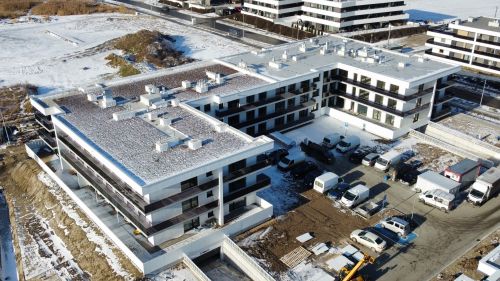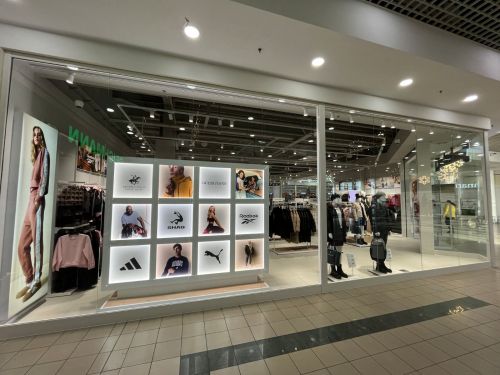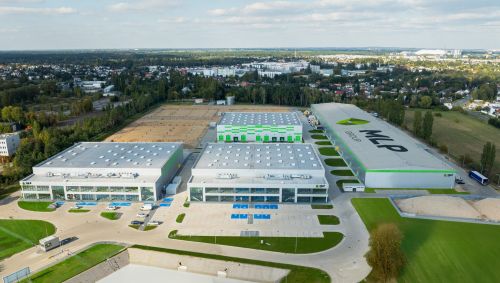Dark stores are a modern hybrid form of retail. In Poland, the first operators were launched just before the pandemic. Start-up brand Lisek was the first to offer such services in 2018, while other similar concepts emerged during the lockdowns that followed. But it was only really in the second half of 2021 that dark stores made any kind of impact on the Polish market. “The rise of e-commerce and the growing number of retailers seeking out new formats that combine the online and offline worlds are trends has been evident for some time. Nevertheless, the outbreak of the pandemic and two years of us all having to operate under new but constantly-changing circumstances has proven to be a catalyst for change across this sector,” claims Anna Wdowiak, the director of high street retail at JLL.
At the moment, there are around ten operators in Poland using this format, including such specialised firms as Jokr, GetnowX and Lisek, but companies like Bolt and Wolt, which provide take

























































